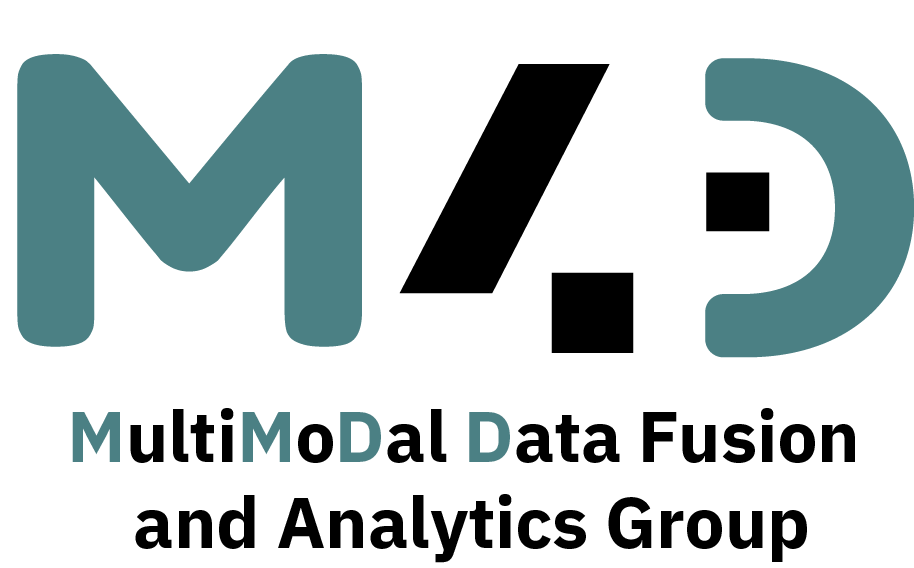
DTRIP4H
Enabling Decentralised Digital Twin Era in existing Research Infrastructures for Predictive, Preventive, Personalised, and Participatory Health
DTRIP4H project emerges as a research effort to advance predictive, preventive, personalized, and participatory health paradigms within the EU. Amid significant incidence of chronic conditions and cancer, there is a pressing need for a proactive shift in health strategies. Yet, the full potential of European research infrastructures (RIs) is curtailed by investment deficits, fragmentation, and the intricacies of data management. Digital Twin (DT) technology introduces a new age of precision by enabling sophisticated simulations and analyses of intricate biological processes. DTRIP4H aims to start a new initiative in Europe “decentralized health digital twin ecosystem consisting of RIs” by using DTs, to resolve critical challenges around data harmonization, equitable access, and stringent privacy safeguards. Incorporating technologies such as federated learning, Generative AI, and Virtual Reality (VR), the project aspires to create a decentralized digital twin environment (DDTE). This will empower both internal and external RI users, such as researchers, innovators, and SMEs, to craft DT applications that address specific scientific challenges, utilizing a blend of real-world and synthetic data in compliance with regulatory frameworks, i.e. GDPR. In the context of DTRIP4H, 7 innovative proof of concept thematic health-related Use Cases will be developed, fulfilling the needs of scientists, SMEs, and industrial end users, particularly in health topics related to cancer treatment, drug development, human environmental exposome, precision treatment for schizophrenia and personalized medicine through Artificial Intelligence (AI), AR/VR empowered DTs utilizing DDTE, while adhering to FAIR data principles. DTRIP4H adopts a human-centric methodology to elevate research efficacy, narrow the skills gap, and align with the objectives of the European Research Area (ERA) and the Sustainable Development Goals (SDGs) by 2030.
M4D is responsible for providing novel AI-driven generative methods for data synthesis, tailored to use-case requirements, in order to enable the development of robust DT-based solutions. In this light, M4D will conduct extensive research in the related domain and provide breakthrough methods, along with published research findings for the scientific community. Additionally, M4D will contribute to integrating the developed methods and developing the simulation framework for the digital twin environment, enabling extensive testing of the DTRIP4H platform. M4D will also contribute to deploying visualization tools that facilitate direct user interaction with the digital twins, according to a human-centric design of DTRIP4H.

